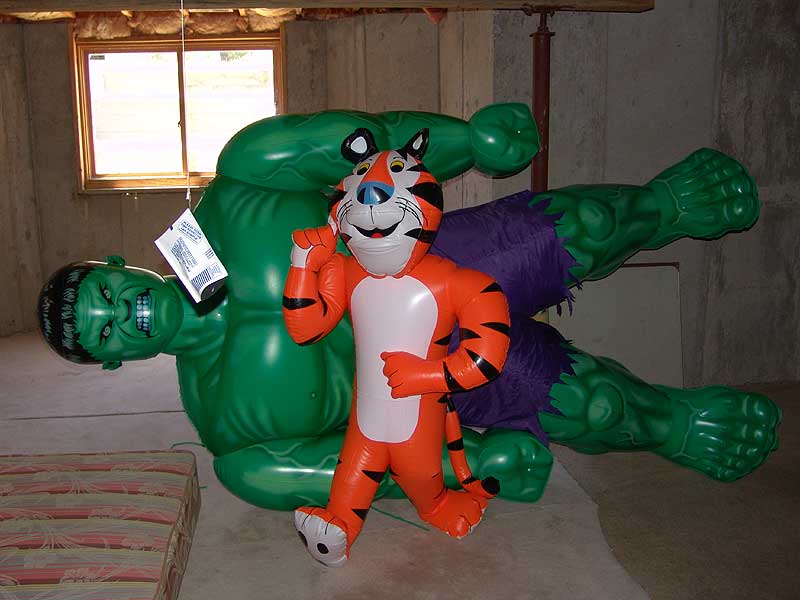Tony says testing for Radon Gas is GRREEAATT!

For those chemistry buffs out there like me, radon is the heavist noble gas and is radioactive. Rn-222 has a half-life of just under 4 days, but is continuously generated as a by-product of decay from other elements such as uranium. So areas with higher amount of uranium, such as Colorado, have more radon. It's an alpha emitter, which your skin will stop, but since you breathe air, it becomes an issue when it gets into your lungs. It is colorless and odorless, so you need a radon test kit to determine how much is present ... and you need to mail that in as soon as the test is over due to the radioactive decay. Since it is heavier than air, it does not rise out of the house, and is therefore an issue in confined living spaces. Radon was discovered in 1900 and while I've never seen this, it apparently glows brightly when it is cooled to a solid.
The Environmental Protection Agency has a Radon Risk Chart that shows your increased risk of lung cancer from radon gas and note that Smoking dramatically increases your risk. Radon is measured in pico-curies/liter with anything over 4 being cause for concern. Because it comes from the ground, radon gas is more of an issue in some places than others - i.e. radon in Colorado tends to be an issue and most of the state is classified as "Zone 1 - Highest potential" - remember that there is a lot of mining history here.
